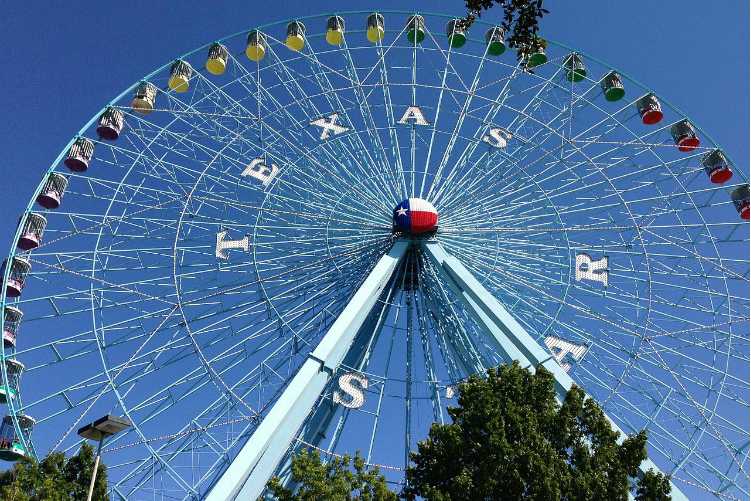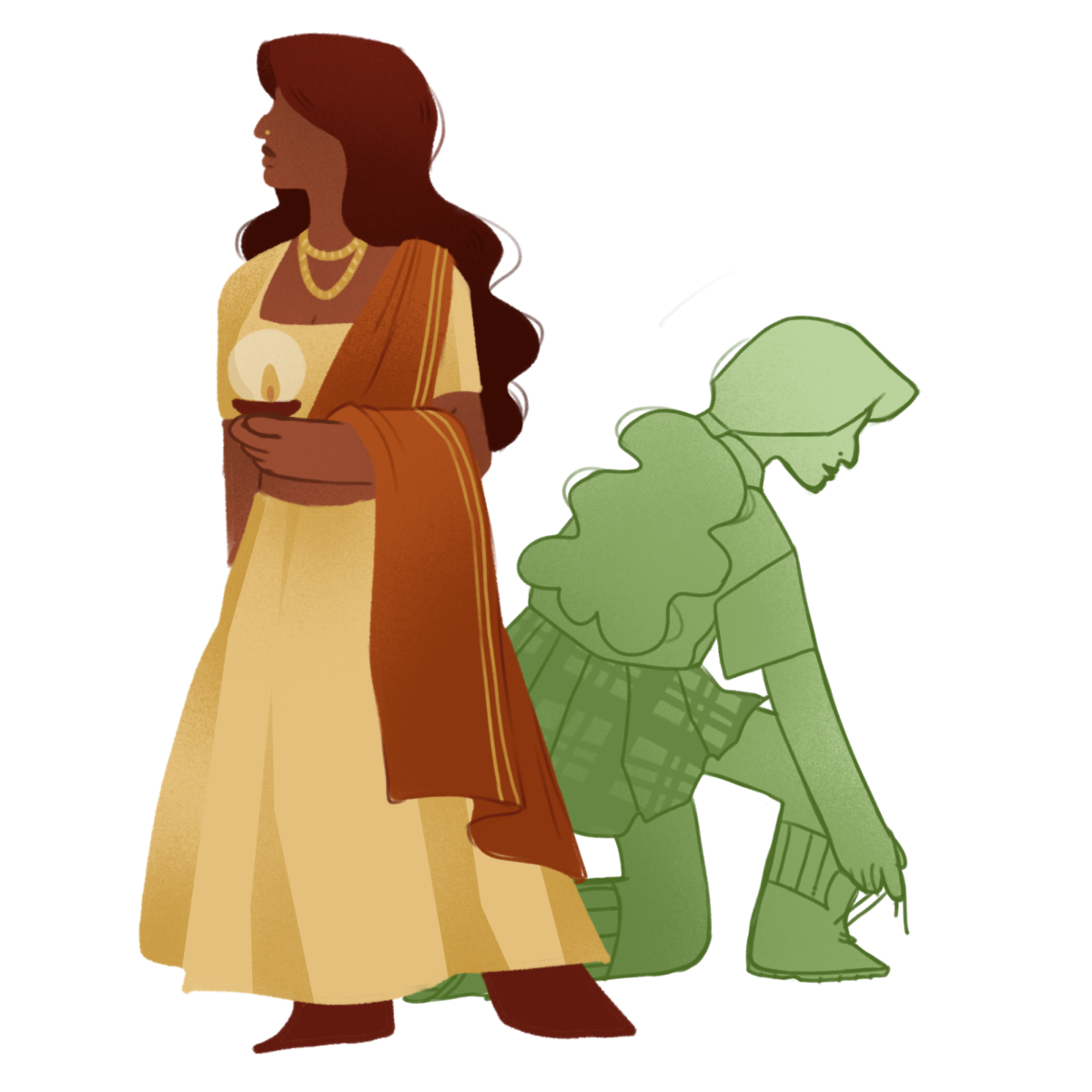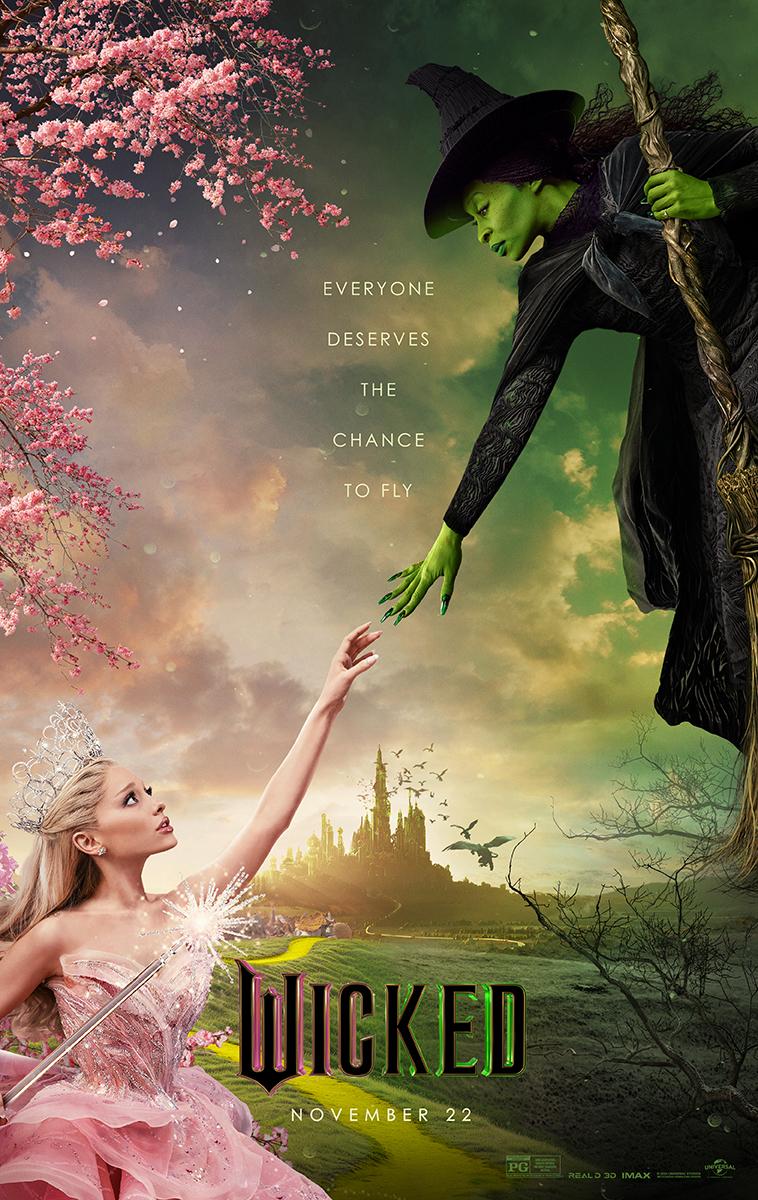//PICTURED ABOVE: The famous Ferris Wheel of the Texas State Fair is a landmark of Dallas.
As the Texas State Fair sets up in Fair Park each year, excitement over the annual event almost always outweighs the usual criticisms of the deep-fried food, long lines and high prices. The complaints about heat, crowds, steep prices and long lines are commonly heard each year, but there are more serious reasons some choose not to go. These reasons include Fair Park’s waste of public space and its problematic past with its neighbors of South Dallas.
The Dallas-based news website Central Track admittedly seems to have a vendetta against the State Fair, but they do bring up some interesting facts that are not commonly covered by other news outlets. For example, Fair Park is the property of the City of Dallas that lies unused for 11 months of the year, resulting in decaying historical buildings in the park. Additionally, the fair generates millions of dollars each year but there is a vast gap between paychecks. In 2015, the top nine officials in the company took for their own salaries $3 million of the total $9.9 million generated.
The Fair also historically does not do much for the surrounding community of South Dallas. While one could argue that businesses do not have an obligation to be charitable, the State Fair has a history of oppression and has not attempted to reconcile that history. In the 1920s, the Fair had a designated Klu Klux Klan day, and hosted an initiation of over 500 members into the KKK. Later, the Fair attempted to “shield” its customers from the poverty of the surrounding neighborhood. In 1966, the Fair even commissioned a report about how to make their customers feel less guilty about the poverty of the surrounding neighborhood.
While most state fairs do have a history of racism in those ages, the Texas State Fair continues to ignore that history. Today, the fair continues to grab land around the park to turn into more parking lots, puts up fences and neglects the public land that South Dallas should theoretically be able to use as a recreational park.
Ultimately, I see the negative aspects of the state fair and its problematic history as reasons to avoid the fair if you are not particularly inclined to go in the first place. If going to the state fair every year is a treasured family tradition for you, or if you just really enjoy the experience, then I in no way think you have to stop going. However, if the state fair is something you go to not because you enjoy it, but out of a kind of obligation, spend your money and time elsewhere.
Story by Niamh McKinney
Photo provided by Flickr





